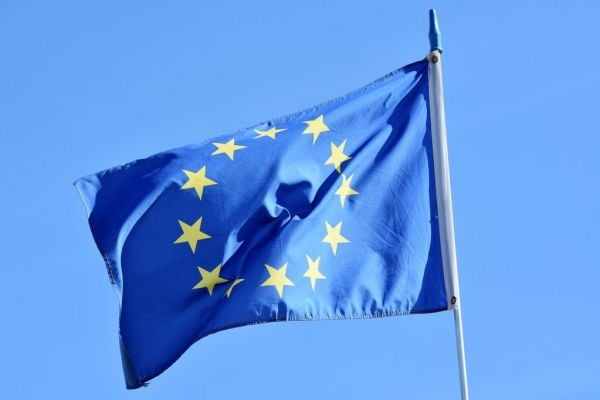EuroCommerce, the body that represents retailers and wholesalers in Europe, has welcomed the European Parliament’s draft report on the Eco-design for Sustainable Products (ESPR) regulation.
It establishes the framework for setting eco-design requirements for specific product groups, with a view to significantly improving their circularity, energy performance and other environmental and sustainability aspects.
Christel Delberghe, director general of EuroCommerce, said, "The European Parliament Report contains good elements on environmental and sustainability aspects, and we are broadly supportive of these. We are also in favour of clear roles and responsibilities.
"Our sector plays a key role in nudging consumers to support sustainability and has already made a range of private and global commitments to provide more sustainable products. As the design phase of a product is central to reducing its environmental impact, we are ready to contribute to such an effort by starting to apply the eco-design approach to a broader range of product groups."
Link Between Manufacturers And Consumers
The retail and wholesale sector serves as the link between manufacturers and Europe’s 450 million consumers, as well as with business customers, EuroCommerce noted.
Barring food and medicine, the regulation will introduce design requirements for all products in Europe.
The retail and wholesale association has welcomed the Parliament’s focus on second-hand products, which it says will be important for more sustainable and eco-design products.
It also highlighted the need to resist premature obsolescence and also that eco-design requirements should ensure manufacturers do not limit the durability of their products.
EuroCommerce pointed out that trade-offs among the different eco-design requirements should be considered (e.g., recyclability vs durability, sustainable products vs durability or recyclability) as compliance with one requirement could affect compliance with another one, as well as climate and environmental performance.
Digital Product Passport
The sector believes that the Digital Product Passport (DPP) offers an opportunity to modernise and digitalise product information.
It is also a good tool for consumers to access information, and DDPs should be based on open and international standards, interoperability, and proportionality.
It would give consumers the opportunity to compare information contained in the DPPs online.
For the green transition, there is a need for traceability and transparency for all stakeholders in a supply and value chain, and the end consumer, EuroCommerce added.
The association added that it was hoping for further improvements to the text, specifically Article 2, where the definition of 'Substances of Concern (SoC)' remains unclear.
Moreover, the scope and exemptions on the destruction of unsold consumer goods in Article 20 remain vague.
Lastly, it highlighted the need to keep the exemption, so that some products do not fall into the category for destruction, in particular, for unsold products, such as seasonal goods, and defective, counterfeit, and remanufactured/recycled products.














